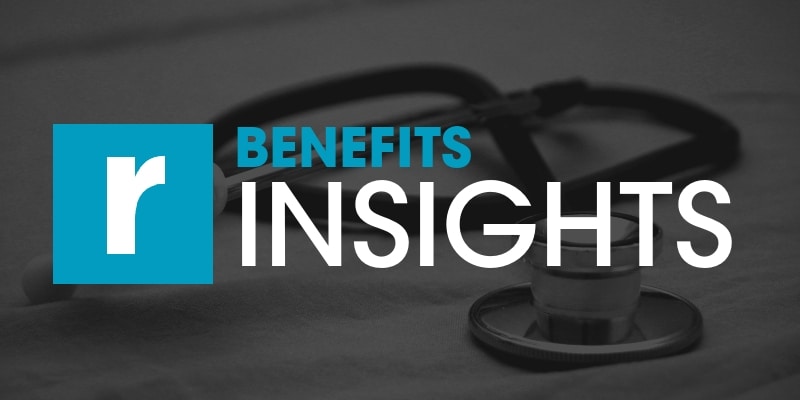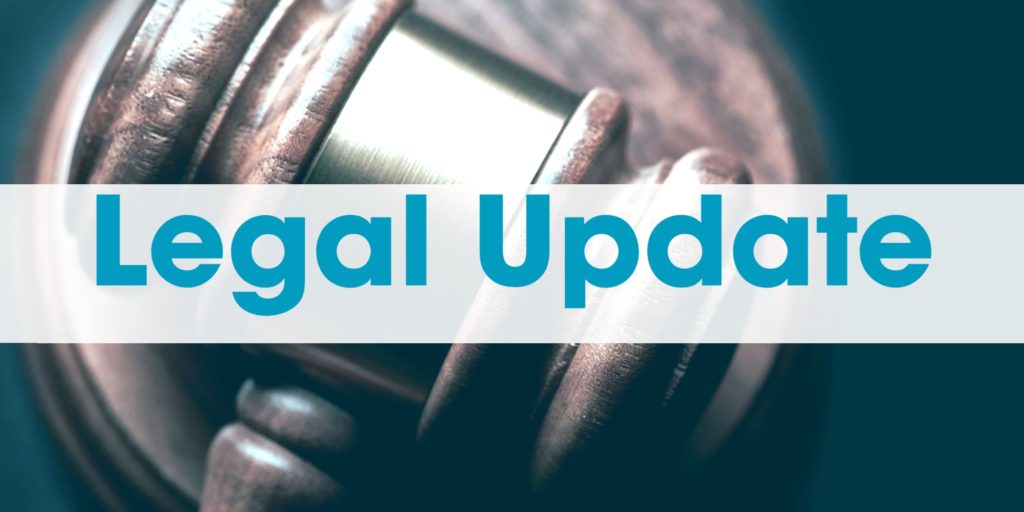11 May Chronic Conditions and the COVID-19 Pandemic

The coronavirus (COVID-19) pandemic has affected many different aspects of daily life—including managing chronic conditions.
The combination of state and local governments ordering patients to stay home, providers postponing appointments and procedures, and employees choosing to stay at home instead of going to a doctor’s office has resulted in a significant decrease in health care utilization. In fact, according to a Harvard University study, outpatient services declined nearly 60% in mid-March and have remained low through mid-April. While the decreased health care utilization has allowed providers and facilities to prioritize COVID-19 treatments, it has increased the likelihood that patients aren’t effectively managing their chronic conditions.04 May What the Coronavirus Could Mean for Health Care Costs

What the Coronavirus Could Mean for Health Care Costs The insurance marketplace hinges on uncertainty.
Costs are determined by how likely an event is to happen. If something is known, it can be planned (and budgeted) for. That’s what makes the coronavirus pandemic so unsettling: No one knows what will happen. Different models predict different numbers of people getting infected with the coronavirus in the coming months. As the models show, more infections will mean higher health care costs overall. This article will identify critical areas to monitor and discuss the implications for health care marketplace costs.01 May COVID-19 Relief Extends Certain Employee Benefit Plan Deadlines
 On April 28, 2020, the Departments of Labor (DOL) and the Treasury (Departments) issued deadline relief to help employee benefit plans, plan participants and plan service providers impacted by the COVID-19 outbreak.
On April 28, 2020, the Departments of Labor (DOL) and the Treasury (Departments) issued deadline relief to help employee benefit plans, plan participants and plan service providers impacted by the COVID-19 outbreak.
This Compliance Overview summarizes the participant deadline extensions affecting COBRA continuation coverage, special enrollment periods, claims for benefits, appeals of denied claims and external review of certain claims.
It also includes the deadline extension pursuant to the DOL’s Disaster Relief Notice 2020-01, for notices and disclosures required under the Employee Retirement Income Security Act (ERISA). 01 May COVID-19 FAQs for Participants and Beneficiaries
 The following information comes from the Department of Labor (DOL). This information was last updated April 28, 2020.
The following information comes from the Department of Labor (DOL). This information was last updated April 28, 2020.


 On April 28, 2020, the Departments of Labor (DOL) and the Treasury (Departments) issued deadline relief to help employee benefit plans, plan participants and plan service providers impacted by the COVID-19 outbreak.
On April 28, 2020, the Departments of Labor (DOL) and the Treasury (Departments) issued deadline relief to help employee benefit plans, plan participants and plan service providers impacted by the COVID-19 outbreak.